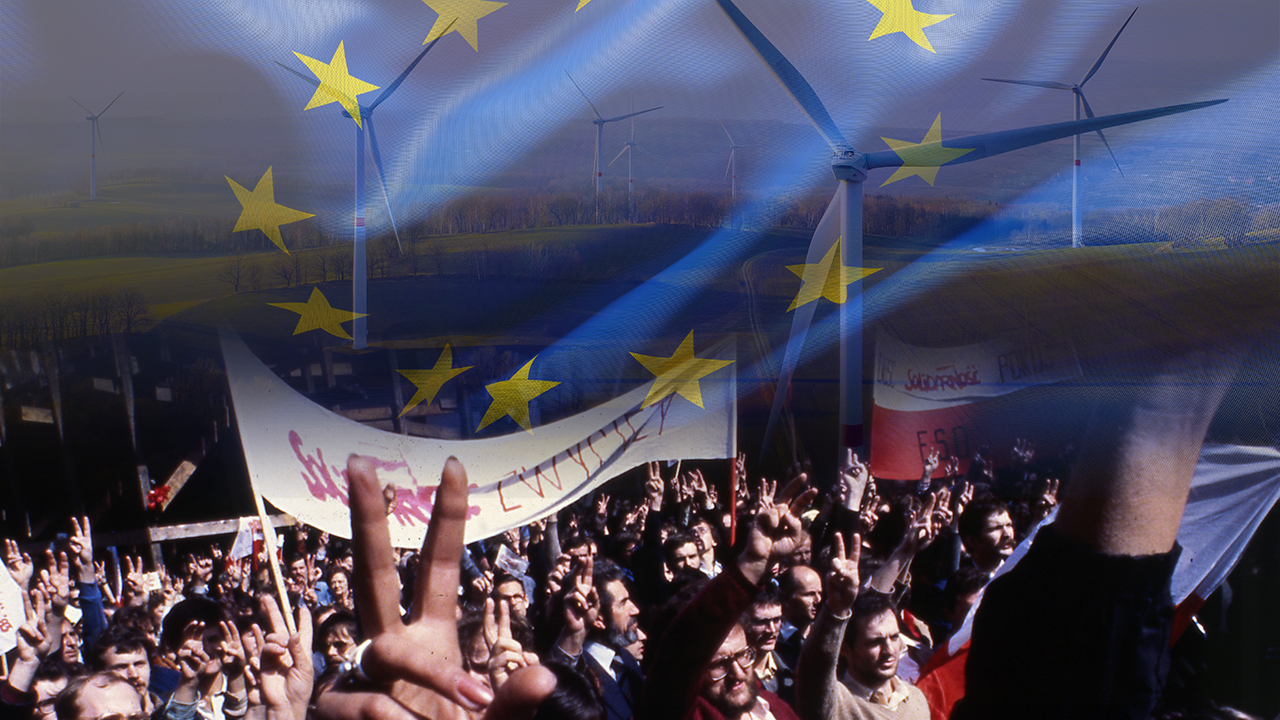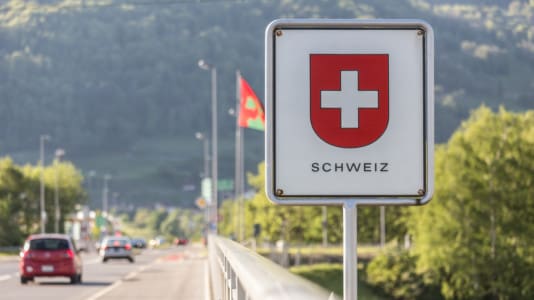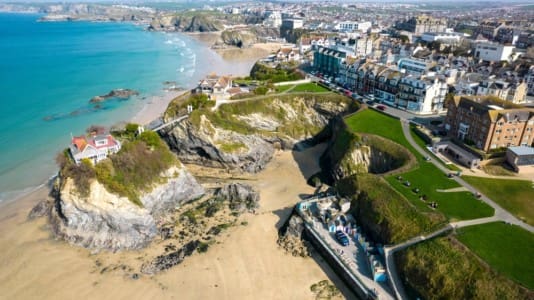In Britain and America, trade unions still get a bad rap from conservatives and economic libertarians. There can be a fine semantic line between protecting the interests of workers and the interests of production, and, where society is fractured, anyone whose wages are not directly linked to his labor can be viewed as an oligarch. Marxism attempts to re-construct public life around this resentment, sequestering and dominating all forms of production until the state has a monopoly of ownership on all forms of production. In the context of an outright communist system, even diehard free-marketeers should clamor to support workers’ uprisings.
Poland’s Solidarność (“Solidarity”) was a perfect example of a trade union that exerted devastating pressure on a tyrannical government, defying the legal and social status quo and opening the stage for a spectacular coup that would sweep Eastern Europe.
The strikes at the Gdańsk shipyard thrust the communist world into the limelight of international media, forcing the cabal at the top to call democratic elections. The story of Polish liberation was not just that of a people lifting themselves out of servitude, but of a principle that, when well acted upon and well publicized, sounded the death knell for the entire managerial class of the Warsaw Pact nations.
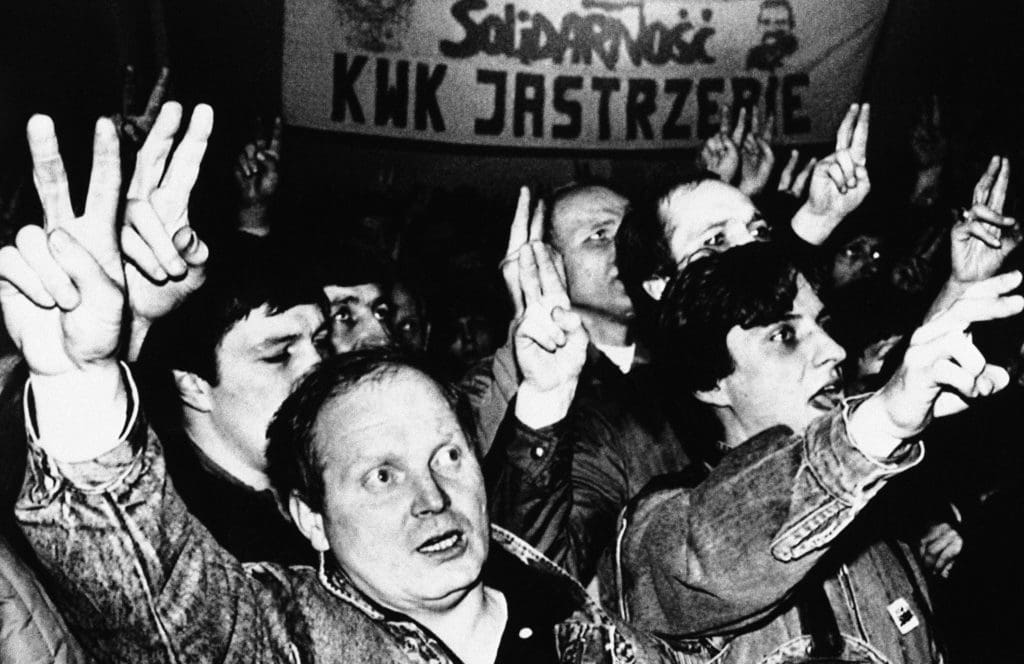
The history of the Solidarity movement is thus useful to exemplify how oppressive elites can only go so far before an inevitable backlash arises. While the EU may believe it can successfully manage growing working-class animosity while simultaneously promoting green ideologies with a top-down approach, the apparatchiks that ran Poland during communism also likely once viewed their position as unassailable. While it is true that many trade unions are currently controlled by the progressive left, there is growing opposition from within on the right, such as the Swedish anti-migration faction that has arisen in blue-collar labor unions or the unions forming in Spain that are aligning themselves with the Vox party. At the same time, there are elements of the anti-progressive left also taking action, such as “Blue Labour” in the U.K.
What should be even more worrisome for the EU is the organic protest movements that can spontaneously arise, often fueled by the working class, such as the Yellow Vests in France. These movements often hold no real allegiance to any political ideology or trade union, but at their heart, they are hostile to the elite in their own countries, as well as to the elite that govern the EU.
What could spark a Solidarity-style movement in Europe? The post-industrial West has become wealthy enough to indulge a number of luxury fads and ideologies whose exponents often turn a monetary profit without being productive in any broader sense. The quest for carbon neutrality, social justice, and rising standards of consumer protections have given rise to new regulatory sectors and forms of credentialism, where the academia and the administrative states have secured their position as the de facto nomenklatura. An ecosystem of administrative ideas has grown like a plague — unchecked by market forces — on the wealthy state and entrenched itself with international treaties and resolutions. This economy provides incentives of stability and services, winning public loyalty in places where once dogmatic obedience was enforced through tyranny.
When so many civilians are in the thrall of public programs, we must be wary of subversive narratives that can lead governments astray. Democracy only enables civic action to steer the state where the demos is larger than the kratia. The further the demographic median drift from their ultimate sources of wealth in the free market, the more irrational the economy becomes and the harder it becomes for voting citizens and governments to discern what is in their interests. Green this, carbon-neutral that: The only thing now missing from most of Europe’s energy policy — given that we must now face down Russia — is a ukulele soundtrack.
[pp id=20945]
The war in Ukraine poses a greater challenge to our own principles than we like to imagine. In this conflict, victory will be determined by whichever side can remain solvent for the longest and that means re-examining our stated convictions to ensure that we put productivity first.
Putin is banking on his own long experience of watching Western legislators kowtow to the types of demonstrators who burn their national flags at any threat to their paid or invested positions. (Note: These protests very rarely erupt over threats to actual jobs) Those who chant “not my president” and “not my country” are useful figures for those targeting the West’s geopolitical and economic policies. Putin probably smirks as “Just Stop Oil” protestors vandalize priceless heritage artwork and eco-zealots demand industry be crippled with carbon taxes. Then, he probably ponders how to lend them Russia’s support.
Putin knows that a culture whose convictions go no deeper than this winter’s energy bill is a culture that can never drive him out of Europe. The signs may be that the countries of the West are now too far gone to rise up against him, and if the price of heating an apartment goes up due to a lack of Russian gas, well, it is quite possible they will start arguing that it is time for the West to reconsider all those billions it spends on supplying Ukraine.
[pp id=42709]
Poland, one of the hardliners in the EU when it comes to sanctions against Russia, is becoming increasingly worried that the EU has not done enough to keep energy prices low.
Shortly after the outbreak of the war, Poland’s prime minister, Mateusz Morawiecki, appealed to the European Commission to suspend the EU’s Emission Trading System (ETS) for the duration of the war in Ukraine in order to stabilize energy prices.
The president of the European Commission, Ursula von der Leyen, ultimately shot down the request at an energy summit in Copenhagen on Aug. 30.
A country with a developed industrial base, Poland believes that the EU must start to take its lead from the countries that choose to keep their furnaces fired with whatever fossil fuels are still available, and have the nerve to stand up against the low-wattage zealotry of hypocritical energy-minimalism, which only paves the way for austerity.
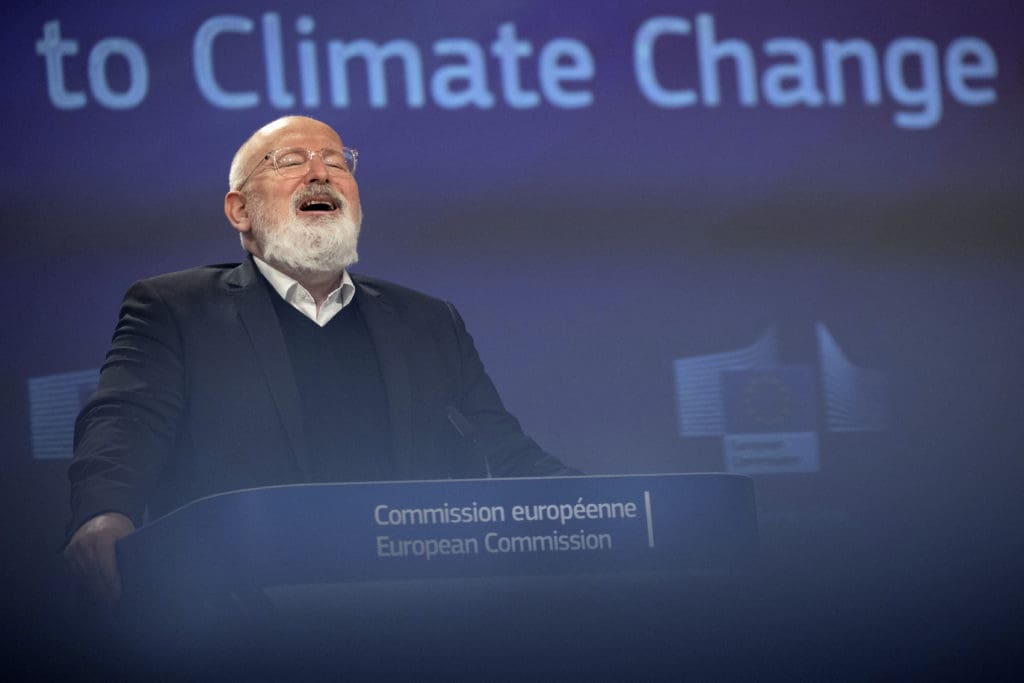
Poland’s Minister of State Assets Jacek Sasin is of the opinion that nuclear power will play a significant role in guiding Europe out of this crisis. He correctly points out that the European Commission’s position on the ETS scheme is not helpful and stresses the need for the system to be reformed to make it impossible for financial institutions to speculate on the ETS market.
Determined to make sure that Poles understand why energy prices have been rising, Minister Sasin oversaw a major information campaign by the Polish Electricity Association, which flooded public spaces in Poland with billboards full of facts about the relationship between Russia’s weaponization of its energy resources and Brussels’ rigid position on ETS.
Decades of dependence on cheap Russian gas have made for a painful U-turn in European energy policy, and Brussels’ unwillingness to show some flexibility in its approach to the Green Deal is making the situation worse than it already is. Every union must seek out the highest common directive of its constituents or else perish. For too long, the demand in Europe has been to shut down our fossil fuel and nuclear infrastructure in favor of a utopia in which renewable energy plays the main role while nuclear power and fossil fuels are placed in the backseat.
Now, the high bills are here, and the comrades in the gray corridors of power have to concede: It is impossible to please citizens without taking the tough but necessary decision to freeze the ETS system for the foreseeable future. If the EU does not abandon its plans for a green utopia, the working class and trade unions of Central and Eastern Europe will turn away from the European project far more swiftly than the Brussels elite realizes. In fact, what transpired in Poland with the trade union uprising against communism could be repeated in some form in modern Europe. If such an event were to transpire, it would come as a shock to those running Brussels, but for the working-class bearing the brunt of green ideology and its ballooning costs, anger is growing. This anger may yet burst onto the streets and reverberate through the political sphere in ways that we simply cannot predict.
Stefan Tompson is a Polish expert on the Three Seas Initiative, specializing in energy policy. He recently conducted 12 interviews for the Institute of New Europe, talking to leading figures of all 12 Three Seas Initiative member states about the war in Ukraine and energy policies in Central and Eastern Europe.


